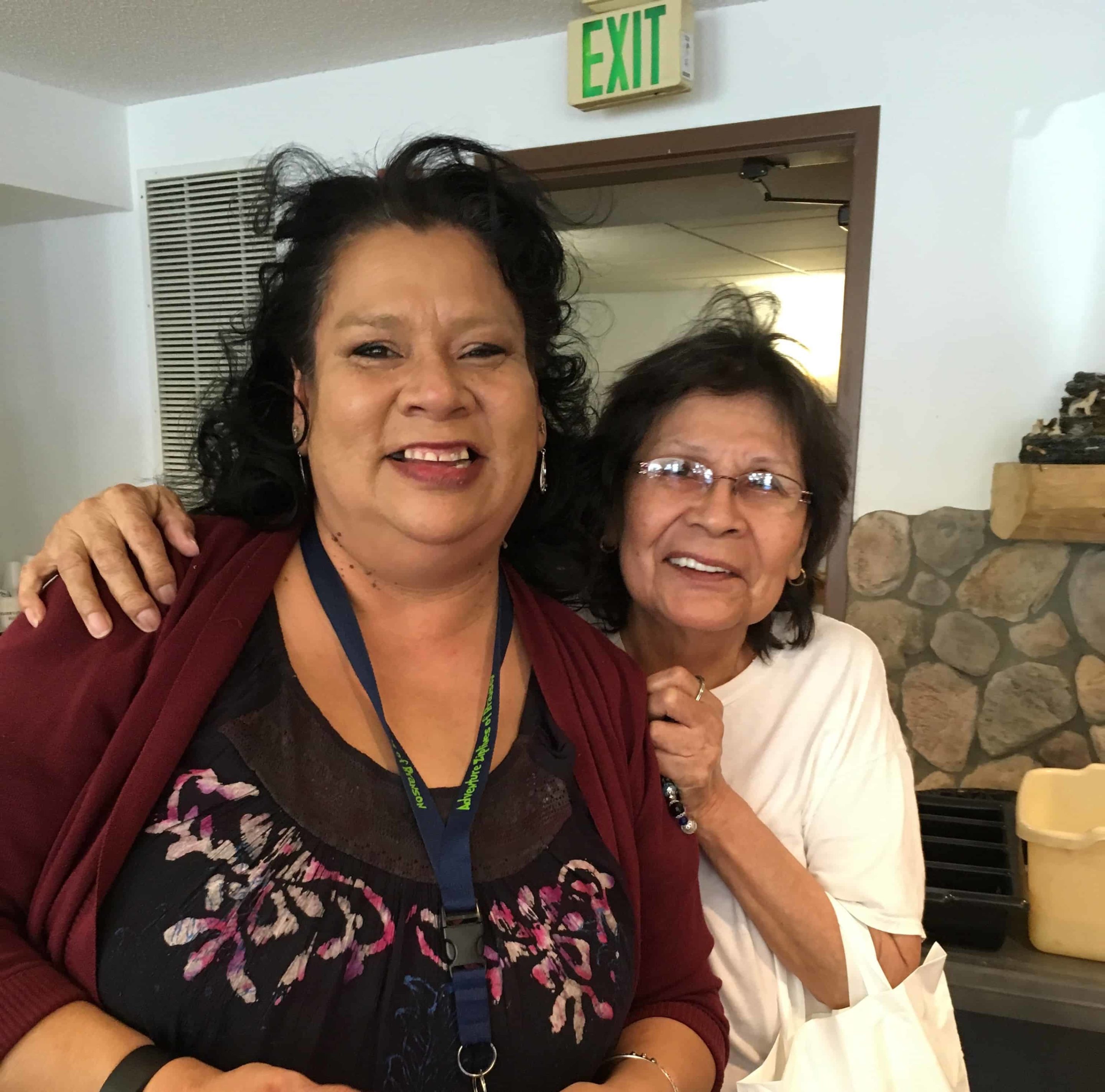Being a caregiver can be tough even in the best of times but with COVID-19 on all our minds, it can become enormously stressful. But as a caregiver, it is our basic instinct to keep on helping our loved ones no matter what the world has thrown at us. Many of us have been on a plane and heard the announcement to put on your oxygen facemask first, and then help someone else. To the caregiver, this seems to be wrong and that you should help those unable to do so, first. The truth is, if you didn’t take put on that oxygen mask first, you may not be able to help anyone else.
If you don’t take care of yourself first, who is going to look after your loved one? Today, we are surrounded by news of the number of outbreaks here, and the lack of testing kits there, and perhaps you are watching your life savings disappear as the stock market continues its rollercoaster ride. It can be hard to stay upbeat and so here are some ideas that might make these difficult days seem brighter and more manageable.
Make a Plan
While for many of us, making a plan right now seems a bit like shutting the stable door after the horse has bolted. (Where did all the toilet paper go?) Do an inventory of what you have in your home and see where you are short on supplies. Ask a family or friend to see if they have anything to share, or offer to swap resources. Making a plan also means sharing care information with someone should you become ill yourself. Where are the medications and what time of day are they taken? What is the clinic phone number? Who is going to let the dog out in the morning?
Checking in on loved ones who aren’t nearby
Not every caregiver lives with the person receiving care. Perhaps you are a neighbor who helps with grocery shopping every week, or you are a relative living across town and can’t easily physically check in on your family member. With nursing homes and long-term care facilities setting appropriately strong guidelines to protect the residents, it is practically impossible to visit a loved one. Social interaction is particularly important right now, but it doesn’t mean that you have to be in the same room! There are lots of ways you can check in. Let’s go old school and pick up the phone and call! Many of our seniors don’t use the internet on a regular basis; perhaps the care facility has laptops or smart phones for video calling and there are captioned telephones for those who have a hearing impairment. Just because you can’t visit your loved ones doesn’t mean you can’t stay connected. There are delivery services for things like flowers and groceries, just to say I’m thinking of you. Don’t forget about mail. These days we forget that a handwritten card or a letter to a loved one reminds them that someone cares about them. A pretty card can brighten up even the gloomiest day.
Making Sure Your Loved One is in a Safe Place
Concern about the safety of someone can create a great deal of anxiety and stress for a caregiver, so check out the procedures that have been put in place. You can tell the care facility you want to be kept informed of any changes in their policies. You may also weigh the pros and cons of bringing your loved one home so you can be sure that they are safe.
Start Some New Traditions – or Revive Some Old Ones
Being bored or restless not only makes the day drag along but allows us to think of things we may not want to. Imagine the days before 24/7 entertainment and instant information access! We did jigsaw puzzles, played card games, and, heaven forbid, wrote to each other. Now might be a great time to write down your loved one’s life story, or record them on your phone to share in the future. I recently read about a young woman who found letters written by her great-grandfather to her grandmother during WW I and she realized that she would learn a lot by talking to her. Perhaps organize a movie night where family and friends all watch the same movie in their own homes, and talk about it the next day. Sorting through old photo albums or writing down favorite recipes can bring back wonderful memories. Laugh at old stories and jokes.
Put on the Oxygen Mask First
Take care of yourself – try to eat well balanced meals, exercise as much as you can (vacuuming can be aerobic!) and get plenty of rest. Share your concerns with others and tell a friend if you are feeling down. Take breaks and time to unwind and remember that this too will pass. Stay informed – but not too much. Make sure that you are getting reliable information about COVID-19, and not rumors and hearsay. Take breaks from watching, reading or listening to news stories as it can be upsetting to hear about the crisis and see images repeatedly. Self-care will help you think clearly and respond to urgent needs to protect yourself and your family.
And Wash Your Hands!

